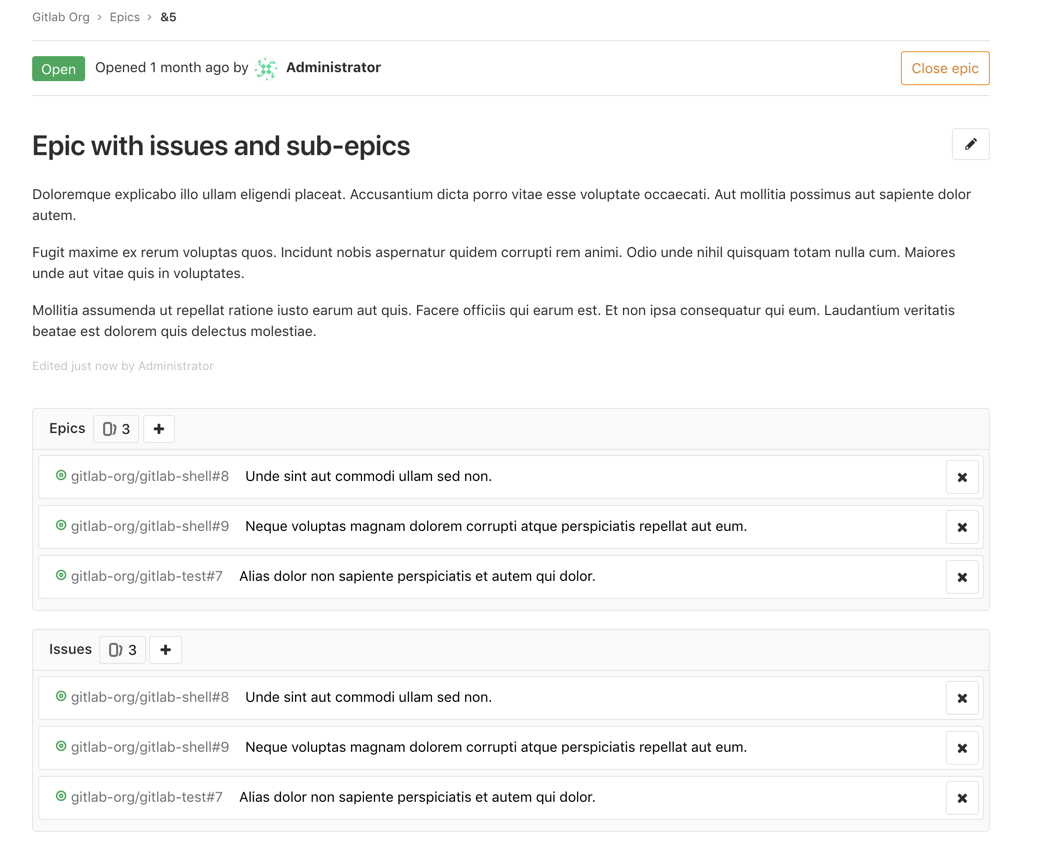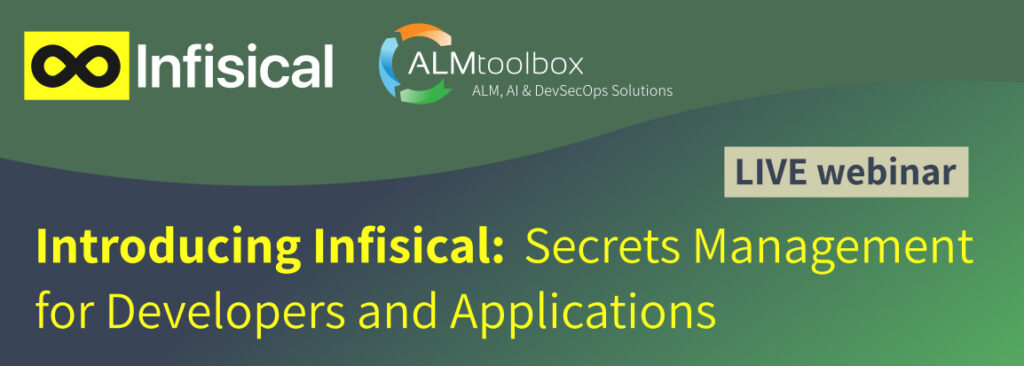|
Getting your Trinity Audio player ready...
|

Many GitLab Premium customers ask us “What are we losing by not having access to GitLab Ultimate capabilities?”
And there’s another version of the question, asked by those who use the free GitLab version or have not yet used GitLab:
“What are the differences between Premium and Ultimate?” or: “Why should we start with the GitLab Ultimate version in the first place?”
To answer these questions, I’ve written this concise explanation, as well as a more in depth list you can download as a spreadsheet.
The short answer:
Besides pricing differences, there are over 77 features plus 24/7 support that are in GitLab Ultimate and do not exist in Premium and free editions (out of about 590 features that are in GitLab in total).
The article below focuses on essential points rather than individual features.
👇🏼You can download here a complete, up-to-date and detailed list of GitLab features available in Ultimate only
(as a sortable Excel sheet we prepared) over here:
And now for a more detailed answer.
A few notes before we begin:
- Everything that exists in GitLab Premium also exists in Ultimate, which means that Ultimate contains ALL existing GitLab features.
In fact Ultimate is layered over the Premium: - The article below refers to the Ultimate version, which is a self-hosted installation on your private server or in the cloud, but the vast majority of the points below are also true in the context of GitLab Gold (in the cloud gitlab.com). So where “Ultimate” is mentioned it can also be seen as “Gold”.
Significant differences between Premium and Ultimate:
- Unlimited Guest Users at no extra charge: when users are given only Guest (Read-only) permissions, they do not consume a license seat. This enables you to have even hundreds or thousands of GitLab users while you pay for non-guest users only.
- Compliance and Security Scanning:
This is by and large the major area of differences between Premium and Ultimate. The Ultimate version features a large suite of security scans, most of which can be run using GitLab Auto DevOps:- Static Application Security Testing
- Secret Detection
- Dependency Scanning
- Container Scanning
- Dynamic Application Security Testing
- License compliance
- Coverage-guided fuzz testing
- Epics & Roadmaps
- In Ultimate, you can create and manage multi-level epics. Thus you can split a big feature into several smaller chunks of functionality.
- Roadmaps: You can visualize epics and milestones in the form of a timeline (a dynamic Gantt chart).
- In Ultimate, you can create and manage multi-level epics. Thus you can split a big feature into several smaller chunks of functionality.
- Value stream management measures and manages the business value of your DevSecOps lifecycle, including DORA metrics.
- Requirements Management: lets you document agreed-upon requirements and trace them to changes in your system.
- Extra dashboards and reports: there are also a number of tools, which visualize results of these tests, such as security dashboards, Security Center and vulnerability reports.
To sum up: if one or more of the above capabilities above is important to you –
you should consider GitLab Ultimate.
Contact us for getting a pricing quote and download the sheet above.
Questions? Need to know pricing or get a quote?
You can always contact us and we will be happy to answer: gitlab@almtoolbox.com
or +972-722-240-5222 / 1-866-503-147
We are ALM-Toolbox, a Selected partner of GitLab in Europe and worldwide (since 2016).
We provide consulting, GitLab licenses, private hosting in the cloud, quality and fast support, GitLab add-on development and we support and sell variety of DevOps and ALM tools.
Related links:
- Our GitLab website
- Case study: Why Conversica chose GitLab Ultimate
- Case study: Why Chorus chose GitLab Ultimate





